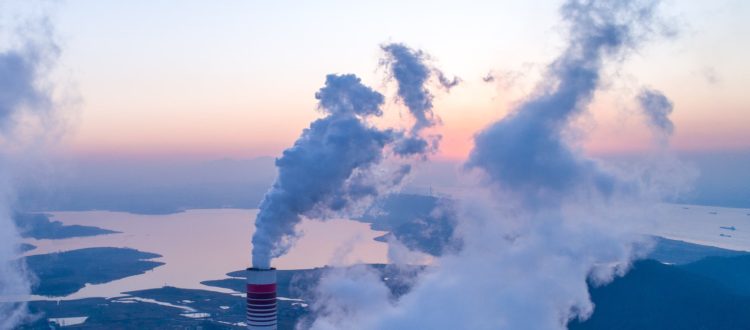THE GLOBAL STOCKTAKE, AN OPPORTUNITY TO PUT RIGHTS BACK AT THE CENTRE OF CLIMATE ACTION
One of the knots that remain to be unravelled during these UN interim climate negotiations is that of the so-called Global Stocktake (GST) of greenhouse gas emissions.
The GST is a mechanism foreseen in Article 14 of the Paris Agreement, which every five years provides for a review of the commitments made by the member nations on the agreement to reduce the emissions for which they are responsible. The objective of the review is to measure the level of ambition of the initiatives implemented by each nation to limit its own emissions, to verify whether the global sum of all commitments can lead to a reduction in global emissions such that the limit of containing the global average temperature as close as possible to 1.5°C can be met, and to identify funding modalities and opportunities to make climate action more effective and faster. This is a key point because the ultimate aimof the GST is to push each nation to take increasingly ambitious action as soon as possible to manage the impacts of a climate crisis that has begun and will only be possible to contain, but not stop.
The GST has a strong influence on the present and future ‘shape’ of climate action, and thus on the practical implementation of the Paris Agreement. This is the first time this process has been put into practice, and it certainly represents one of the most complex and significant multilateral efforts in recent history. For this reason, it is important not to underestimate the potential grey areas of its implementation and, in addition to paying attention to technical aspects such as how emissions are measured and reported, it is crucial that the process is informed by human rights principles, so that they serve as social and environmental safeguards. The risk is that, in the name of decreasing emissions, people’s rights and the protection of ecosystems will be seen as expendable, realising climate action for the benefit of privileged groups.
Civil society actors are aware of this risk, in addition to the principles of equity and best available science already enunciated in Article 14 of the Paris Agreement, they are working to see the inclusion of human rights principles such as public participation, gender equality, food security, intergenerational equity, ecosystem integrity and just transition for workers, as well as support for the rights of indigenous peoples. Trying to see this mechanism informed by these principles is no easy challenge given its complexity.
The first cycle of the GST started in 2021 during COP26 in Glasgow, with the collection of emissions data, which also includes the Nationally Determined Contributions (NDCs) for emission reductions by the country parties. Data collection will be completed in June 2023, in parallel with the technical assessment process that has just started during these interim negotiations. At the end of 2023 at COP28 in the UAE, reports will be published making a resume of the analysis undertaken on each of the CST action areas (mitigation, adaptation, finance, loss and damage) and of the considerations that will inform the recommendations to member states on action to be taken in the following years. The entire process will begin again in 2028 and will continue cyclically every five years.
Source: Reference Manual for the Enhanced Transparency Framefacework under the Paris Agreement
The preamble of the Paris Agreement underlines the importance of human rights-based climate action, yet the discrepancy between the preamble and the implementation of the Agreement remains. The GST is an opportunity to realign the objectives of climate action at the multilateral level and thus represents an important tool to concretely put human rights at the centre of climate action, a fundamental basis for an effective and equitable realisation of the Agreement’s objectives. Hoping that civil society will succeed in influencing the negotiations in this regard, we await the end of this interim session for an update.
For further information we recommend the webinar “A Global Stocktake informed by Human Rights“.
Article by Jacopo Bencini, Policy Advisor and UNFCCC Contact Point

